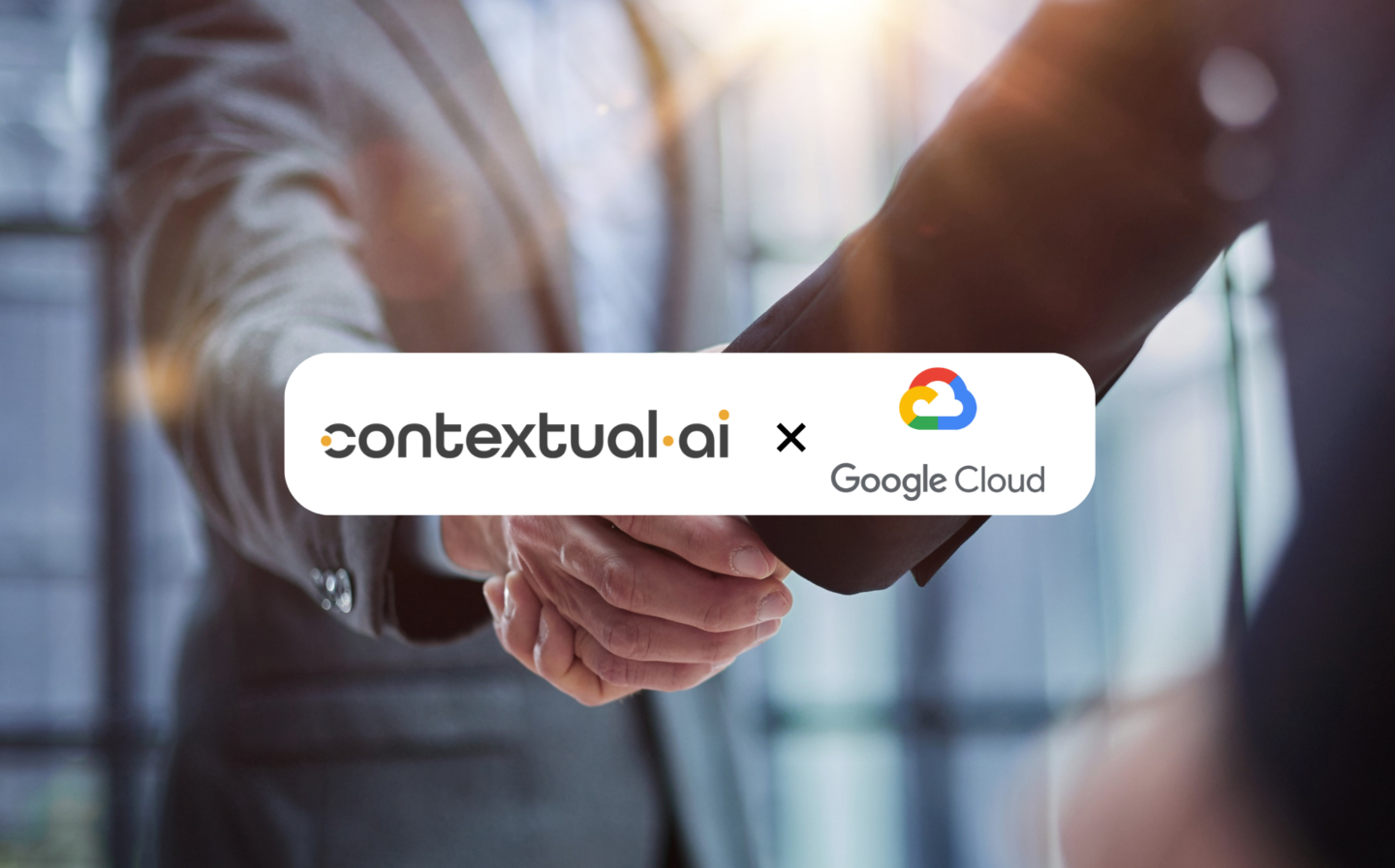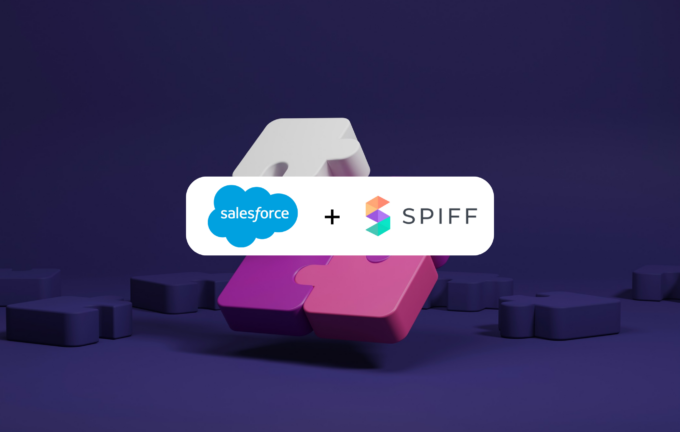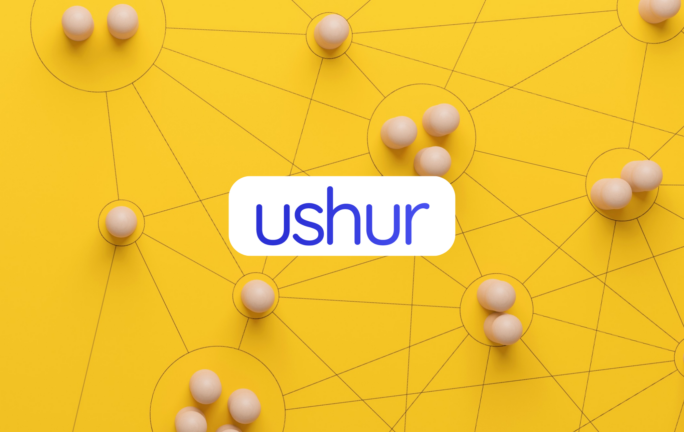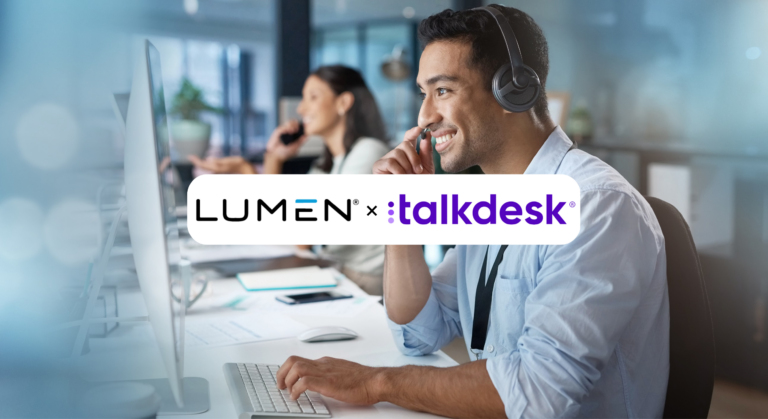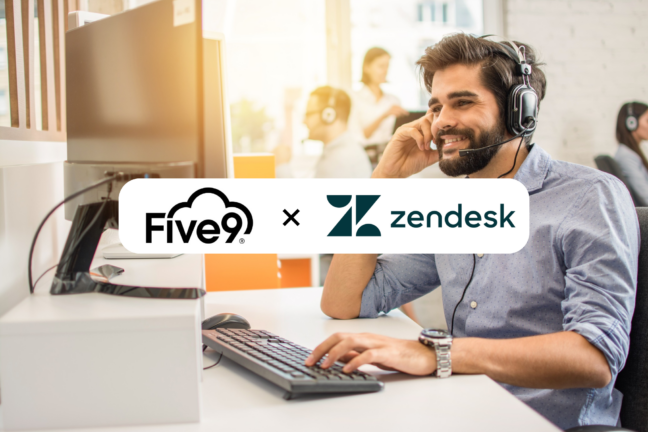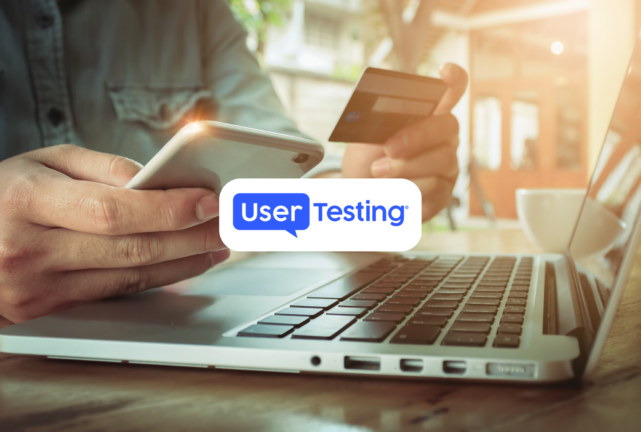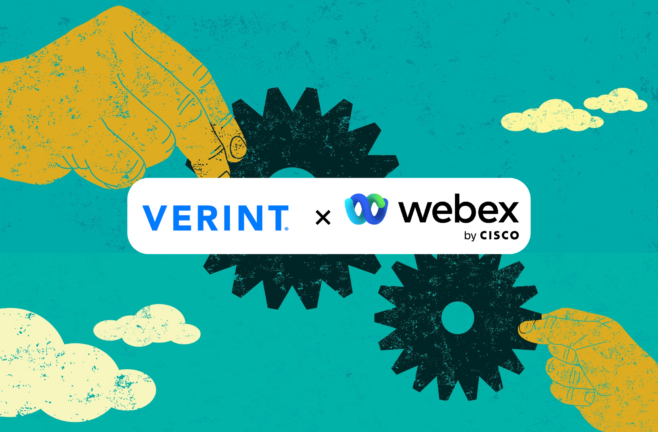Generative AI startup Contextual AI has announced a strategic partnership with Google Cloud, serving as Contextual AI's preferred cloud provider for supporting its business growth, managing its operations, and scaling its extensive enterprise-focused LLMs.
Contextual AI emerged from stealth in June 2023 with the mission to create the next generation of foundational AI models, designed to be fully customizable, trustworthy, and privacy-conscious, enabling businesses to concentrate on their core tasks. Google Cloud was chosen due to its open approach and comprehensive AI/ML-focused computing infrastructure.
"At Google Cloud, we believe that enabling the next generation of generative AI services requires a purpose-built, AI-optimized infrastructure stack, spanning hardware, software, and services. We're proud to offer customers unparalleled flexibility and performance, and excited to support Contextual AI's world-class team of AI innovators as they build next generation LLMs for the enterprise on Google Cloud," added Mark Lohmeyer, VP/GM, Compute and ML Infrastructure, Google Cloud.
Within this partnership, Contextual AI . will leverage Google Cloud's specialized AI acceleration hardware, known as Tensor Processor Units (TPUs), to develop its forthcoming generation of large language models (LLMs).

"Building a large language model to solve some of the most challenging enterprise use cases requires advanced performance and global infrastructure. As an AI-first company, Google has unparalleled experience operating AI-optimized infrastructure at high performance and at global scale which they are able to pass along to us as a Cloud customer," said Douwe Kiela, chief executive officer, Contextual AI.
Contextual AI helps businesses harness the potential of AI by integrating language models with their internal knowledge repositories and data reservoirs. Operating on the Google Cloud platform, Contextual Language Models (CLMs) can generate responses customized to an enterprise's data and institutional knowledge. This results in higher precision, improved compliance, reduced misinformation, and the ability to trace responses back to their source documents.
For instance, a customer service representative can utilize CLMs to respond to user inquiries with greater accuracy, drawing exclusively from approved data sources such as the user's account history, company regulations, and previous tickets that bear resemblance. Similarly, financial advisors can automate reporting processes to deliver personalized recommendations based on a client's unique portfolio and history, proprietary market insights, and other confidential data assets.
Google Cloud has recently partnered with Deloitte to assist consumer-focused businesses in boosting their operational strategies.
